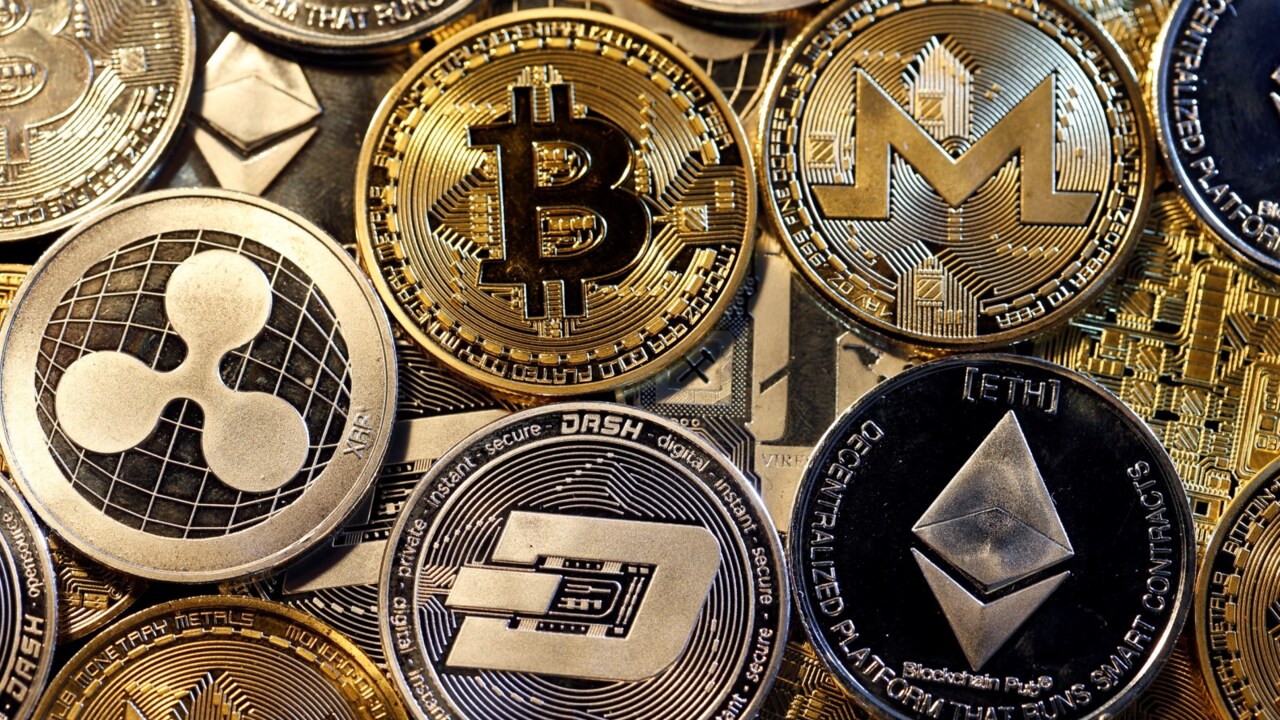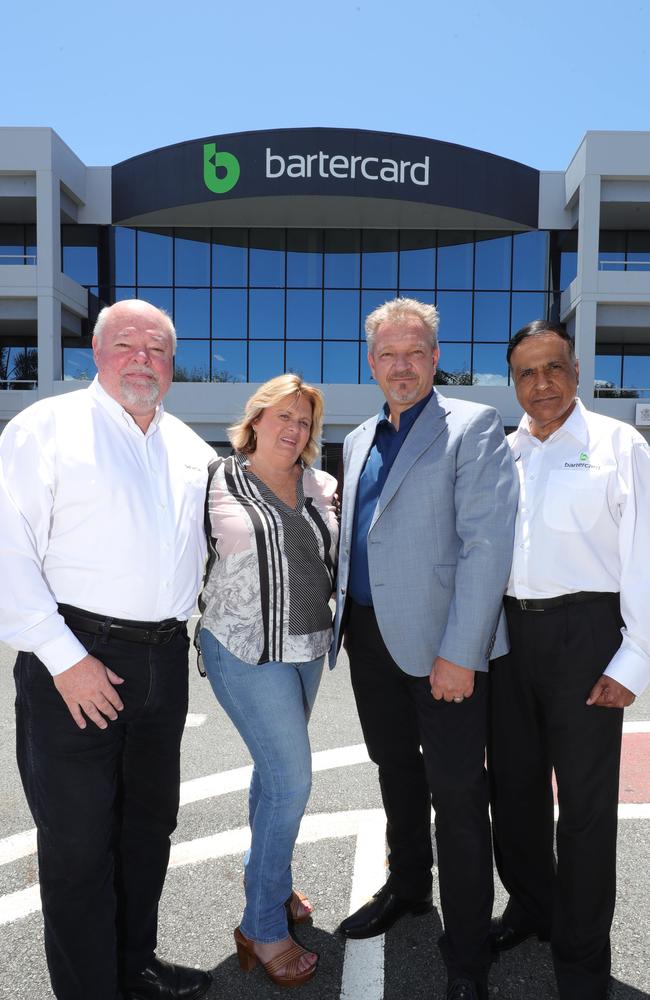Gold Coast crypto currency outfit BPS Financial sued by ASIC
A Gold Coast crypto currency outfit misrepresented its Qoin product to more than 79,000 customers, it is alleged in a Federal Court action. FULL DETAILS

BPS Financial misrepresented the usefulness of its cryptocurrency, known a Qoin, in a breach of financial services laws, the corporate regulator alleges.
In filings with the Federal Court, the Australian Securities and Investments Commission claims the company told more than 79,000 individuals and entities that Qoin was a regulated product and could be widely used when it could not.
Qoin was created by Tony Wiese and Raj Pathak, both directors of barter-trading system Bartercard Australia. Mr Wiese describes himself as the governor of the Qoin Reserve.
The Australian reported in November that failed construction group Privium was using Bartercard dollars – later converted into the Qoin cryptocurrency – to pay some debts.
“Based on our investigations into the nature of Qoin, it is evident that it is an extremely illiquid asset with its sale limited to a few hundred dollars each day,” a report by Privium’s liquidators, FTI Consulting, noted.
“Consequently releasing this asset is extremely difficult, if not impossible”.
The industry body, Blockchain Australia, expelled the Gold Coast-based company in February 2021 and asked to stop using its logo and name to promote the cryptocurrency.

Qoin is exclusively bought and sold on Block Trade Exchange, a platform which is owned by the same company as the currency.
There were also daily limits placed on some trades, making it more difficult for users to exchange Qoins in their wallet.
In November, Salerno Law filed separate proceedings in the Federal Court against Mr Wiese and Mr Pathak and several other related entities which hold an Australian Financial Services Licence used by the group.
The lead applicant is tech firm Appzoola, a Gold Coast company which offers website and mobile app development.
At the time, Mr Wiese said the allegations were baseless.
“We’re not concerned at all on the merits of it. We have been doing the right thing since day one. What disturbs us is the media sensation and negativity. It’s lie upon lie upon lie,” Mr Wiese said in November.
In its filings, ASIC alleges BPS made “false or misleading representations that a person who purchases crypto-assets associated with (Qoin) can be confident that, if and when they wished to do so, they will be able to exchange those Qoin Tokens for fiat currency or for other crypto-assets through independent exchanges”.
It is alleged BPS also made false or misleading representations that Qoin could be “used to purchase goods and services from an increasing number of merchants” and that it was regulated or approved in Australia.
“We allege that, despite what BPS represented in its marketing, Qoin merchant numbers have been declining, and that there have been periods of time where it was not possible to exchange Qoin tokens through independent exchanges,” said ASIC’s deputy chairman Sarah Court.
“ASIC is particularly concerned about the alleged misrepresentation that the Qoin facility is regulated in Australia, as we believe the more than 79,000 individuals and entities who have been issued with the Qoin facility may have believed that it was compliant with financial services laws, when ASIC considers it was not.
“Every crypto-asset is different, often making it difficult to compare with each other – or anything else. This makes it crucially important that investors are provided with honest and accurate information.”




